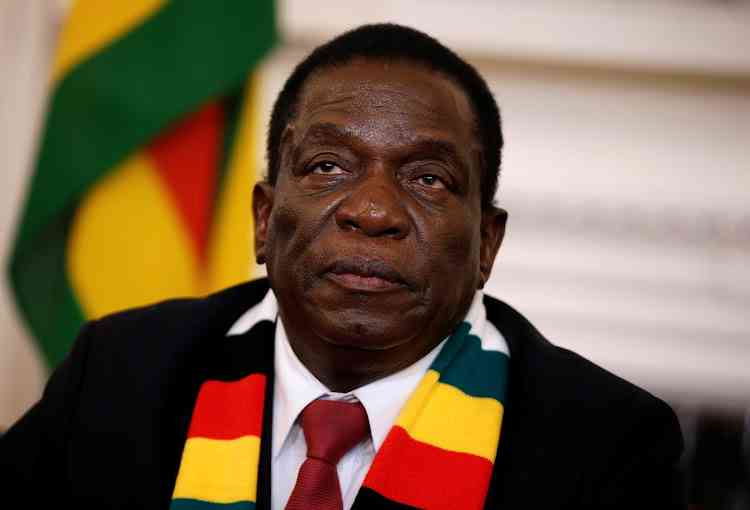
President Emmerson Mnangagwa has said the local coke production industry’s output has increased by 327% from US$39 million in 2020 to US$166,4 million in 2022 as coke producing companies expand their operations.
Speaking at the official commissioning of Muchesu Coal Mine in Binga, Mnangagwa said the growth was an affirmation that government’s policy interventions were bearing fruit.
“This is evidenced by a total of US$20,2 billion in cumulative exports that have been realised from the mining sector since 2018.
“Under National Development Strategy 1 implementation, beneficiation and value-addition of our economic minerals is crucial if we want, as a nation, to attain Vision 2030 of Zimbabwe becoming an upper middle-income economy by the year 2030,” he said.
“The first phase of the project has seen the company investing over US$20 million into the project. The company also intends to produce coke by installing coke batteries that process coking coal into coke for the industrial and ferro-alloy industries in the near future,” he said.
Mnangagwa said government had proposed the ban of exports of coke by-products to support growth of downstream local industries.
“Muchesu Coal Mine will support various local industries with raw material feedstock from the by-products recovered during coke production once the project is fully operational. The coke the company intends to produce is an essential raw material for industrial and ferro-alloy sectors.
“The by-products recovered from coke production will be used to support the growth of various downstream local industries. This project is, therefore, central to the socio-economic development of the country. This signifies that the new dispensation is committed to developing every part of the country leaving no one and no place behind,” he said.
- NoViolet Bulawayo’s new novel is an instant Zimbabwean classic
- COP27: Zimbabwe’s opportunity to shine
- Jah Prayzah, Zanu PF rekindles ‘lost love’
- Female politicians complain over sexual harassment
Keep Reading
He added that government would continue to prioritise enhanced investments in exploration, opening of new mines, beneficiation and value-addition of minerals, as well as expansion of existing mining projects subject to various commercial and economic models.
“Today’s commissioning of Lubu Coal Project is in line with the projected target of achieving a US$1 billion coal sub-sector by 2023. Let us all grow the Zimbabwean economy together,” he said.
Mnangagwa also applauded United Kingdom-based Contango Holdings, which is developing the Lubu Coal Project in Hwange.
“It has a 70% interest in the Muchesu Coal Mine, with the remaining 30% held by supportive local partners. The Lubu coalfield basin is estimated to hold 2,6 billion tonnes of coal, which makes it one of the largest coal ventures in the country,” he said.
Mnangagwa said Zimbabwe had realised US$2,07 billion in cumulative exports from the coal sector since the inception of the second republic in 2018.
“The coal industry remains critical to Zimbabwe’s power sector and is a significant contributor to the country’s power requirements as it feeds into the country’s thermal power stations.
“Issues of climate change and instability in Europe have shown that investments in thermal power is still necessary and even more sensible given our vast coal resources,” he said.
“If we are to attain energy sufficiency, thermal power will still play a pivotal role in the country’s energy mix.”










